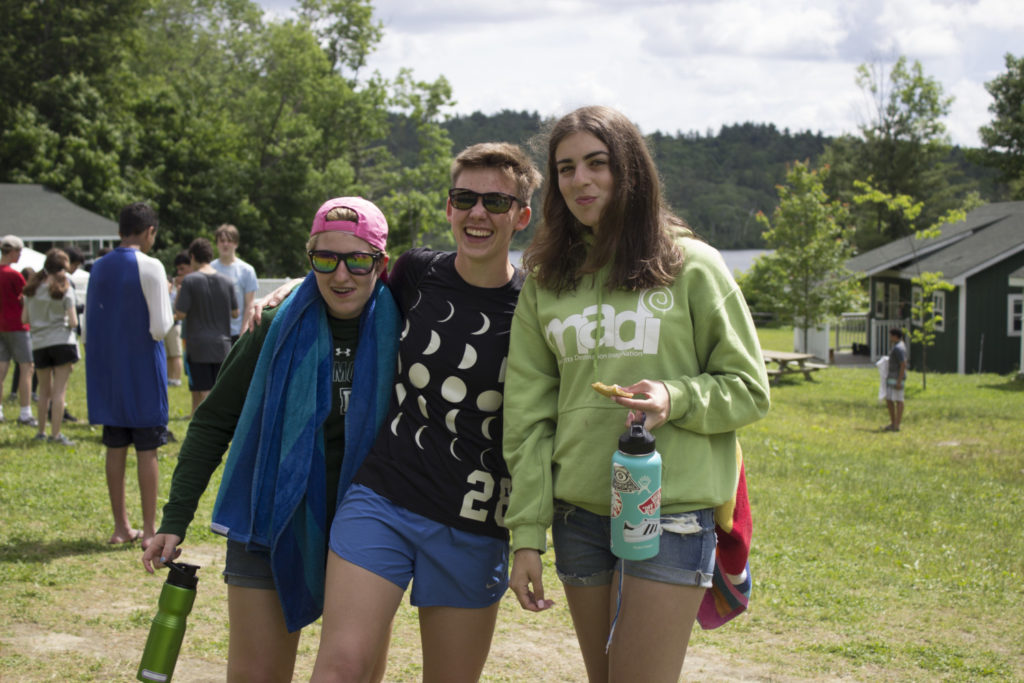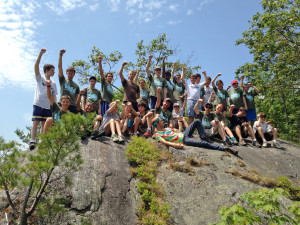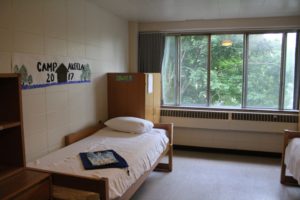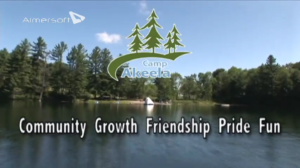The February edition of our Akeela newsletter is here!
With cold weather and more snow than we’ve had in a number of years here in Philly, we are even MORE excited that camp is on the horizon! We cannot wait for June! Eric and Ben have been spending a great deal of time interviewing staff who have impressed us with their talents and passion. We’ve also rehired a number of former staff members who can’t wait to get back to Miller Pond. And, of course, we’ve loved catching up with all of you by phone, emails and on our virtual programs. Debbie has been busier than ever meeting and enrolling new campers who are so excited to join the Akeela community this summer.
Camp is happening and we’re ready for it!
Of course, we know many of you have questions about how camp will be different this summer due to COVID. This newsletter includes some answers to those questions. Hopefully, you’ve also visited our COVID web page, which is updated regularly.
You’ll also find information about a couple of very exciting upcoming webinars:
- February 28, 2021: Helping My Neurodiverse Child Get Ready for Life’s Transitions (Including Going To Camp!), with Dr. Anthony Rostain and Dr. B Janet Hibbs, authors of The Stressed Years of Their Lives. Register here for this FREE webinar.
- March 2, 2021: Building Executive Function Skill and Independence at Home, with Ryan Wexelblatt (The ADHD Dude). Register here for this FREE webinar.


 The fall is always a bitter-sweet time for us as camp directors. On the one hand, there is a sense of relief to be settled back into our lives at home. And having our own daughters situated with new teachers at school and to be able to plan and cook our own meals! On the other hand, there’s always a sadness and loneliness that we feel as well. We work with an amazing team at camp and love sharing ideas with them. Also we love being a part of a larger community – of walking into breakfast and seeing 200 smiling faces, having fun conversations with campers all day. And also hearing about all of their successes and helping them through struggles.
The fall is always a bitter-sweet time for us as camp directors. On the one hand, there is a sense of relief to be settled back into our lives at home. And having our own daughters situated with new teachers at school and to be able to plan and cook our own meals! On the other hand, there’s always a sadness and loneliness that we feel as well. We work with an amazing team at camp and love sharing ideas with them. Also we love being a part of a larger community – of walking into breakfast and seeing 200 smiling faces, having fun conversations with campers all day. And also hearing about all of their successes and helping them through struggles.
 Of course, we know that sleep-away summer camps in general, and Camp Akeela in particular, provide precisely the opportunities for independence that this article suggests are necessary. Being away from home in a safe environment, like camp, allows campers to practice the skills necessary for them to be successful later on in their young adulthood.
Of course, we know that sleep-away summer camps in general, and Camp Akeela in particular, provide precisely the opportunities for independence that this article suggests are necessary. Being away from home in a safe environment, like camp, allows campers to practice the skills necessary for them to be successful later on in their young adulthood.

 Check out
Check out